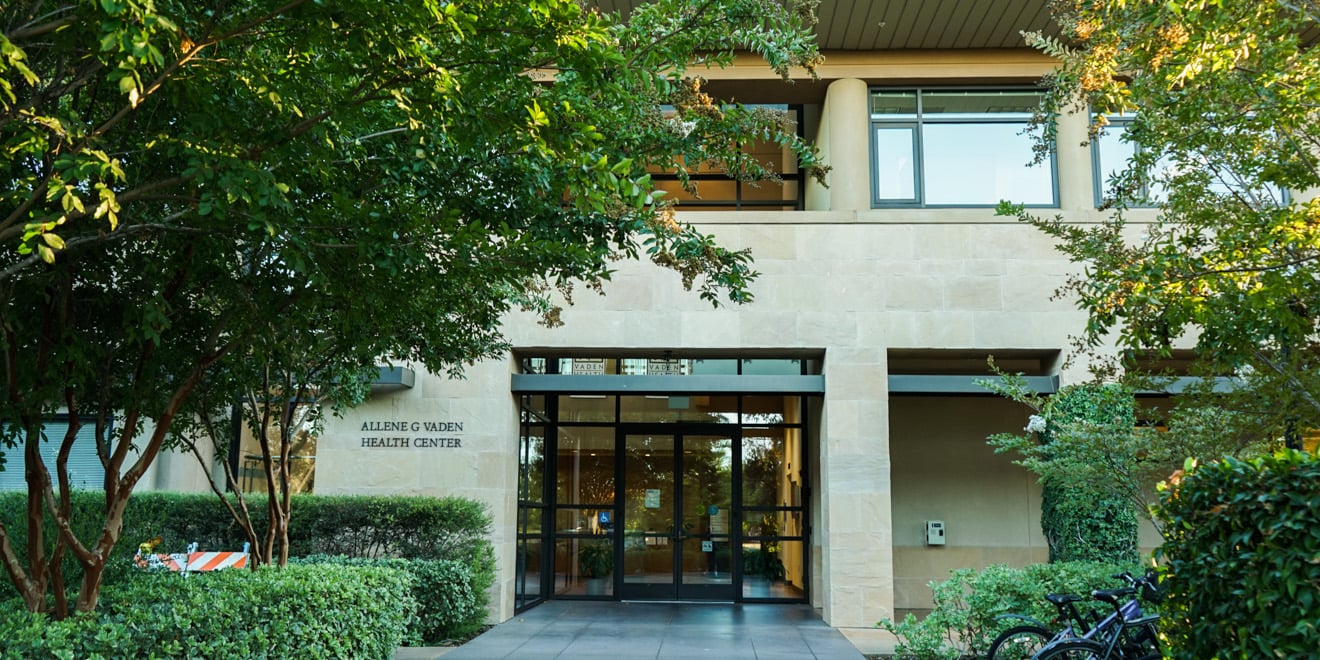The difference could not be starker: While locations across the United States have had a surplus of vaccines for months, Alvaro Bermudez ’25, an incoming frosh from Barcelona, Spain, said he and his family and himself cannot get a vaccine despite going to a health center every day.
Eighteen months after sending undergraduate students home because of the COVID-19 pandemic, Stanford is expecting to invite all undergraduate students back to campus this fall. But, students will be required to be fully vaccinated before arriving on campus, with a deadline of submitting vaccination records, applying for a temporary extension or requesting medical or religious exemptions by July 23.
Most recently, University policies require unvaccinated students traveling from international locations to arrive seven days before any in-person activities for “entry testing, vaccination, and a period of restricted activity.”
With readily available vaccinations, many students in the U.S. have been able to get the shot and meet the University’s requirements. However, as many countries are still limiting vaccines to elder and at-risk populations, some international students are facing difficulties.
Bermudez said that his country, like many in Europe, fell behind in their vaccine rollouts, with priority given to the elderly and ill. He now plans to secure vaccination after arriving in the U.S.
Emily Park ’24 attended her first year at Stanford online in Busan, South Korea. Since her country is still limiting vaccines to the elderly, Park requested an extension and plans to arrive in the U.S. one month prior to the start of the fall quarter to get vaccinated.
Meanwhile, some international students were able to receive vaccines, albeit some are not yet approved by the U.S. Food and Drug Administration (FDA).
Vedant Khanna ’25 received the Sinopharm vaccine in Abu Dhabi, in the United Arab Emirates.
“I think it’s mostly a waiting game for most people,” said Khanna. He said that because the UAE has a younger population, “the fatality rate was very low even with a high number of cases”.
The University’s policies recommend that students outside the U.S. get vaccinated as soon as possible with any available vaccine. Re-vaccination will be offered to students after arriving at Stanford if necessary, an opportunity that Khanna plans to take.
Park said she thinks the University has been accommodating to international students with no access to vaccines. She explained that the University has helped her with the complicated process of moving onto campus and many of her international friends will be receiving vaccinations on arrival at campus.
Even with official approval by public health organizations, stigma and fear surrounding vaccines persist.
Khanna said this includes the UAE, although nearly three-quarters of its population has been fully vaccinated. He explained he thinks many in the UAE ended up receiving the vaccines despite concerns about how quickly they were developed, though the technology has existed for decades. Questions have also arisen about the effectiveness of the Sinopharm vaccine amid reports of reinfections. The UAE is now offering booster shots for people who have already received two doses.
“It was better than nothing so I think most people just took it,” Khanna explained. “People became pretty open to getting the vaccinations once it meant a return to normality.”
Park said she felt that Stanford’s vaccine mandate was “inevitable”, especially with the recent rise of the delta variant. She worries about an infection rate spike once students move in.
“These requirements are necessary in order for us to have a safe return to full quarter for the next academic year,” she said.
In preparation of the upcoming year, Park said that she would like to see strict COVID-19 protocols, including consistent testing and sanitary services, especially with the rising numbers of variant cases. Stanford is requiring all students living on campus to be tested weekly.
“The situation was getting better, but we have variants now. It’s important for the University to seriously take that into account because I definitely don’t want people to have to sacrifice their health,” she said.
As the 2021-2022 academic year approaches, international students hope for a smooth transition as they continue to travel overseas to campus.
“I think everyone’s craving a return to normality,” Khanna said. “Starting university in-person with my peers is just the way to start.”
